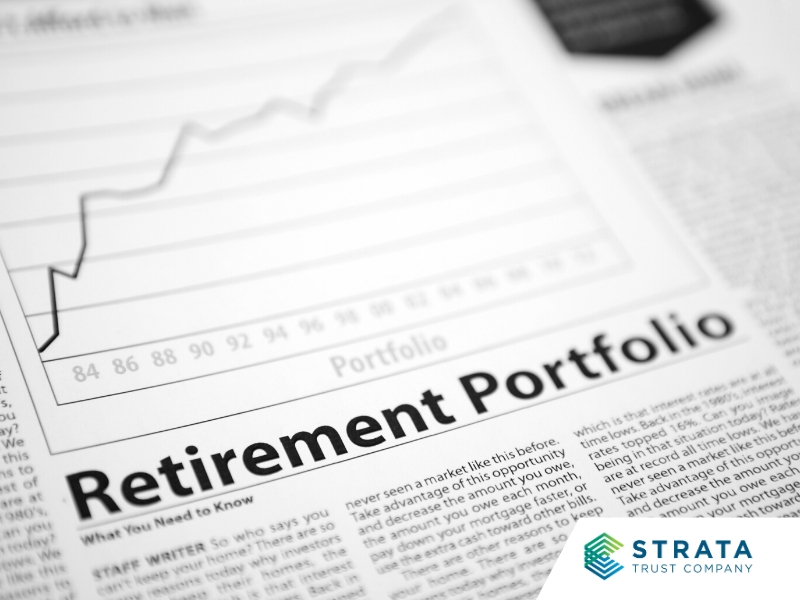One of the basic principles of investing boils down to what the investor can and cannot control. They can do everything “right” and still lose money in the market. There are many market-moving events we can see coming, like elections, new legislation, company earnings reports, etc. But it is the unexpected events that can do the most damage. Such is the case with what is happening right now. No one could have predicted a pandemic would sweep the globe and the still-unforeseen scope of its impact on every major market across the world.
So what is the best way for investors to guard their hard-earned retirement savings against the market pullback we are experiencing now and whatever unexpected turbulence lies ahead? The answer can be found in one simple question investors should be asking themselves: Is my portfolio truly diversified?
Diversification is the process of allocating capital in a way that reduces exposure to any one particular asset class. Simply put, if an investor spreads their investment dollars among different asset classes, the likelihood of a complete drop in value is reduced. Exposure to a mix of publicly-traded investments and sectors isn’t enough. Rather, diversification requires exposure to non-correlated investments, meaning investments that do not move with the public-equity markets.
Alternatives for diversification
Investors have been practicing diversification for hundreds of years and most every financial planner agrees that a portfolio must be diversified in order to protect it from substantial losses during a down market. And yet, very few advisors put their IRA clients into alternative investments. Why? Most IRAs are held by brokerage firms, which means the average IRA investor has access only to the products that firm is willing to hold. This normally equates to only publicly-traded investments (stocks, bonds, mutual funds and ETFs) and alternative investments, such as real estate, private equity and private debt, are left out of the portfolio allocation. This is a glaring omission for investors seeking a diversified portfolio.
When we take a historical perspective, we can see there is a price for not being truly diversified. Major events over the last several decades, such as the “Black Monday” market crash in 1987, the Dot-Com Bubble crash 20 years ago, the Great Recession of 2008/2009, the one day “Flash Crash” on May 6, 2010 and now the fallout from the COVID-19 pandemic, all have two key aspects in common: Each of these incidents were out of the control of the average investor and each directly affected a stock-heavy portfolio.
The Great Recession in particular, brought about an increased awareness of the fact that alternative assets can be placed within an IRA; however, most investors saw their portfolios down and as a result did not feel comfortable making the move at that time. It was not until the markets recovered that investors moved to utilizing self-directed IRAs and started acquiring alternative investments alongside their equities.
Diversification in down markets
Investors must be careful in their approach to diversification in down markets. If the market has already dropped, it might not be the right moment to move funds into alternative investments.
With that in mind, today might not be the time for an investor to make major changes to their portfolio; however, it is a good time to start planning ahead. When the market recovers (and it will), investors who are forward-thinking and consider true diversification will be well-positioned to capture some of the gains.
If you haven’t considered the potential benefits of investing some of your IRA funds in alternative investments, now might be a good time to understand your options.
If you already hold a STRATA Trust account, feel free to contact us at (866) 928-9394 or [email protected] if you have questions about alternative investments. If you do not currently hold a STRATA account, contact us at (866) 928-9394, Option 2 or [email protected].
Disclaimer: The information provided herein does not, and is not intended to, constitute personalized financial or legal advice. The contents of the article are for general informational purposes only and should not be relied or acted upon without specific professional legal or financial advice, based upon an individual’s situation.




